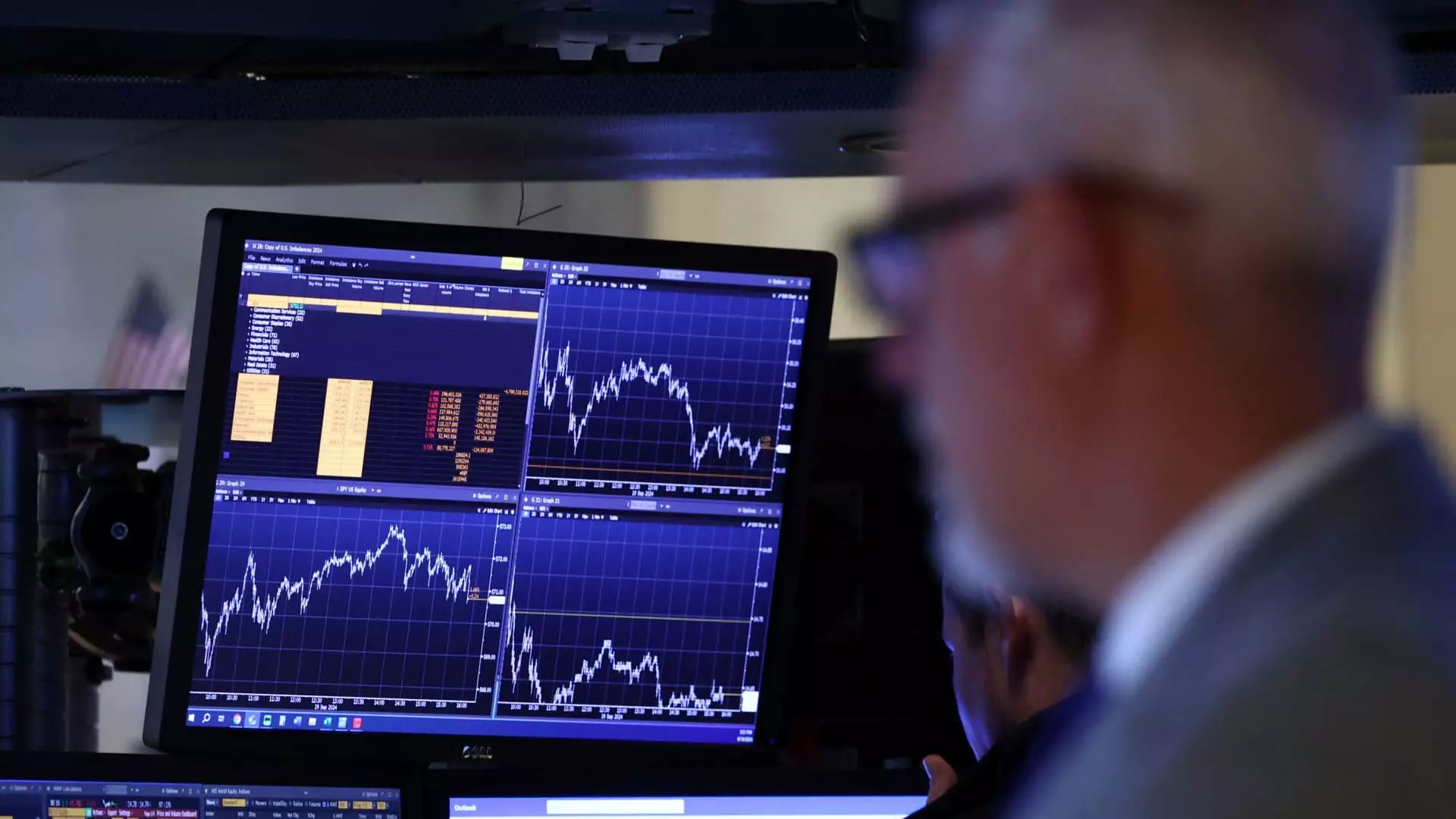With the recent decision by the Federal Reserve to lower the interest rate by half a percentage point, a shift is on the horizon for investors. This marks the first rate reduction in over four years, prompting a serious reassessment of traditional investment strategies. The current economic climate is signaling a transformative phase where investors need to consider how macroeconomic changes will influence their portfolios in the coming year.
Industry leaders, including Jan van Eck, CEO of VanEck, highlight the importance of adapting equity strategies to navigate this evolving environment. He underscores the need for investors to critically analyze their equity exposure rather than relying solely on market benchmarks like the S&P 500. “Just buying the S&P alone is a dangerous strategy right now,” he emphasizes, hinting at the potential volatility that may arise as interest rates adjust.
Small Caps in Focus
In the wake of this interest rate deduction, smaller companies appear to be gaining traction. The small-cap Russell 2000 index demonstrated an impressive performance, outpacing its larger counterparts with a weekly increase of 2.1%. According to Jon Maier from J.P. Morgan Asset Management, the outlook for small-cap firms remains optimistic as lower interest rates can stimulate their growth. He believes that these companies will benefit significantly during this easing cycle, thereby inviting investors to reconsider the role of small-cap equities within their portfolios.
This shift is not limited to equities; it extends to cash management strategies as well. As cash yields on money market funds plateau around 5%, industry experts anticipate a gradual migration of these funds back toward bonds. This will likely lead to increased investments in fixed-income assets, as rising flows suggest a reallocation toward longer-duration options or diverse equity investments. The investment community is now paying closer attention to emerging trends that accompany these changing interest rates.
Navigating Economic Uncertainties
However, alongside these opportunities, investors must remain cautious. The rising federal deficit poses questions about the sustainability of government spending and its impact on market stability. van Eck warns that extensive government expenditures could generate significant uncertainty moving forward. In response to this evolving financial landscape, he advocates for the inclusion of alternative hedges such as gold and cryptocurrency in investment strategies. These assets could provide a buffer against market fluctuations, especially in light of fiscal pressures and potential inflation.
The recent shifts in interest rate policies necessitate a thorough reevaluation of existing investment approaches. Investors must remain agile, considering not only equities but also alternative assets as they plot a course through uncharted economic waters. The need for innovative strategies is more critical than ever, making it imperative for investors to scrutinize their holdings and adapt accordingly to thrive amid uncertainty. The evolving investment landscape demands a fresh perspective and a willingness to embrace change if one is to succeed in the coming year.

Leave a Reply